
Ghost the Giant Pacific Octopus Captures Hearts in Her Final Moments

Ghost: The Octopus Who Taught the World About Love, Life, and Letting Go
In the dim, blue light of the Aquarium of the Pacific in Long Beach, California, a quiet farewell is unfolding. Behind a glass pane once alive with graceful, swirling arms, the water now shimmers empty. The star of this story, a giant Pacific octopus named Ghost, has retreated from the public eye. She is hidden in a private den, tending to thousands of eggs that will never hatch — a mother’s devotion expressed in silence.
Visitors once stood in awe of her intelligence and charm. Children pressed their faces to the glass to watch her stretch her vibrant, ruby-colored arms, while adults marveled at her awareness — how she seemed to recognize familiar faces, responding with playful gestures. Now, instead of gathering at her tank, her admirers assemble online, united in grief and wonder as Ghost approaches the final chapter of her life.
Her story has traveled far beyond the aquarium’s walls. Fans share photos, memories, and even tattoos honoring the beloved cephalopod. Many describe her as a muse, a being that blurred the line between human emotion and marine instinct. Ghost’s tale feels almost mythic — a story of devotion, destiny, and the poetry of nature itself. She is not dying from age or disease, but from the ultimate act of selflessness: caring for her eggs, unfertilized though they may be. It is life given in service to life that will never come — nature’s strange symmetry written in saltwater and time.
The Life of a Brilliant Creature

When Ghost first arrived at the Aquarium of the Pacific in May 2024, she weighed only three pounds — a shy traveler from the cold, dark waters off British Columbia. Collected by marine biologists for research, she was later entrusted to the care of the Long Beach facility. Over the following months, she transformed into a fifty-pound marvel of color, intelligence, and curiosity.
Staff describe her as “super active” and “very physical,” a creature who relished puzzles, play, and the company of her caretakers. Ghost wasn’t just an exhibit; she was a personality — a sentient presence that learned, remembered, and seemed to form bonds.
Nate Jaros, the aquarium’s vice president of animal care, recalls how Ghost would sometimes ignore her food just to keep interacting with her trainers. She even learned to crawl into a basket on command for weigh-ins, a sign of remarkable understanding and cooperation.
To stimulate her sharp mind, caretakers created elaborate enrichment activities: toys with hidden treats, mazes made of acrylic tubes, and challenges designed to engage her problem-solving skills. Once, after hours of setup, Ghost solved a complex maze in mere minutes. “She was always one step ahead of us,” Jaros laughed.
Visitors noticed it too. Marine biology students cited her as the reason they pursued ocean science. Children gasped as her tentacles unfurled like silk ribbons in water. To see Ghost was to witness the thin line between instinct and intelligence — between creature and consciousness. She became an ambassador for her species and a symbol of the ocean’s mysterious genius.
A Mother’s Final Act

Then came the moment that would change everything. In September 2025, Ghost laid her eggs — a shimmering constellation of tiny pearls nestled against the rocks of her private den. The sight was beautiful and heartbreaking.
In the wild, this is the beginning of a female octopus’s last stage, called senescence. After laying eggs, she stops eating and devotes all her energy to fanning them with fresh water to keep them clean and oxygenated. Her body weakens, her skin dulls, and her instincts narrow to a single purpose: protect the next generation.
But Ghost’s eggs are unfertilized. Like many octopuses in aquariums, she lived alone; pairing with a mate is often too violent and fatal. So she follows her programming, tending to eggs that will never hatch, driven by the same biological rhythm that governs every mother of her kind.
Her caretakers gently moved her behind the scenes, where she could live out her final days in peace.
Yet her audience remains. Online, thousands of messages pour in — words of affection, gratitude, and grief. Some lament that Ghost will never see her young; others find solace in the beauty of her sacrifice. “She’s doing what she was born to do,” one admirer wrote. “Even if her babies never hatch, she’s showing us what love looks like.”
The Science of Senescence
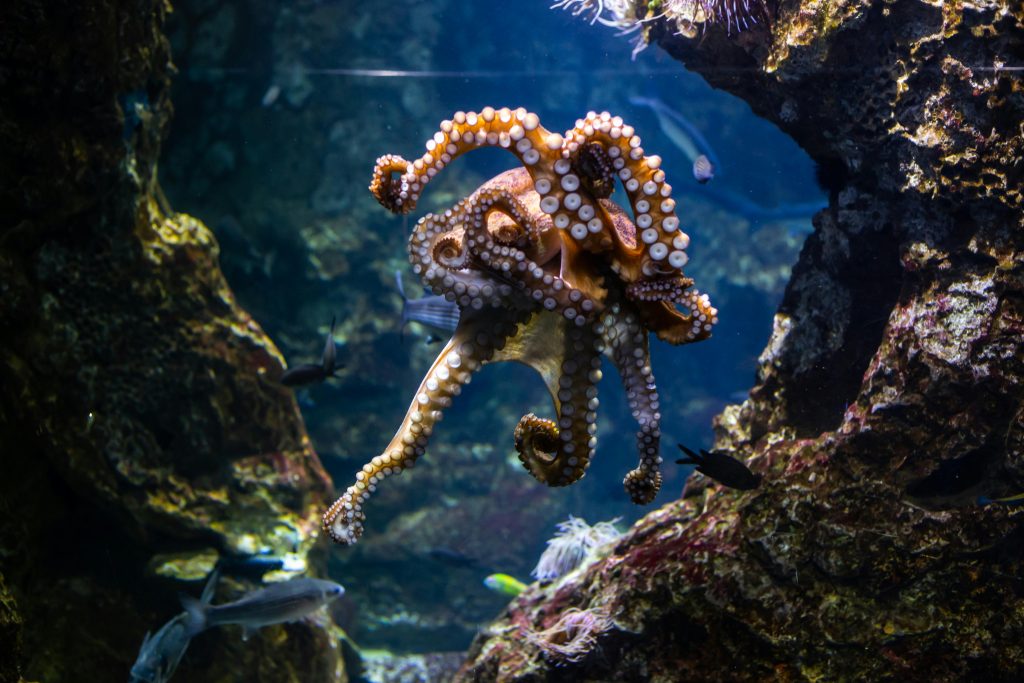
The biological mystery of senescence has fascinated scientists for decades. Once a female octopus lays her eggs, her optic glands — organs similar to the human pituitary gland — begin releasing a chemical cocktail that reprograms her body. Appetite fades, muscles weaken, and eventually, life itself begins to shut down.
In 2018, University of Chicago researchers identified the hormones behind this process: steroids and peptides that suppress feeding, accelerate aging, and trigger tissue breakdown. It is, in effect, a form of programmed self-destruction — a biological sacrifice ensuring that energy is devoted to offspring.
In Ghost’s case, that sacrifice continues even in futility. Her optic glands do not know her eggs are unfertilized. Her body, bound by evolution’s ancient script, keeps playing out the same role.
From a human lens, it feels unbearably tragic. Yet to nature, it is balance — an elegant exchange of life for life. The giant Pacific octopus lives intensely, burns brightly, and dies young, trading longevity for brilliance.
Ghost’s journey — from icy Pacific depths to the gentle care of her human family — embodies that trade perfectly. Her death is not cruel, but complete: a cycle closing with grace.
Ghost’s Human Family
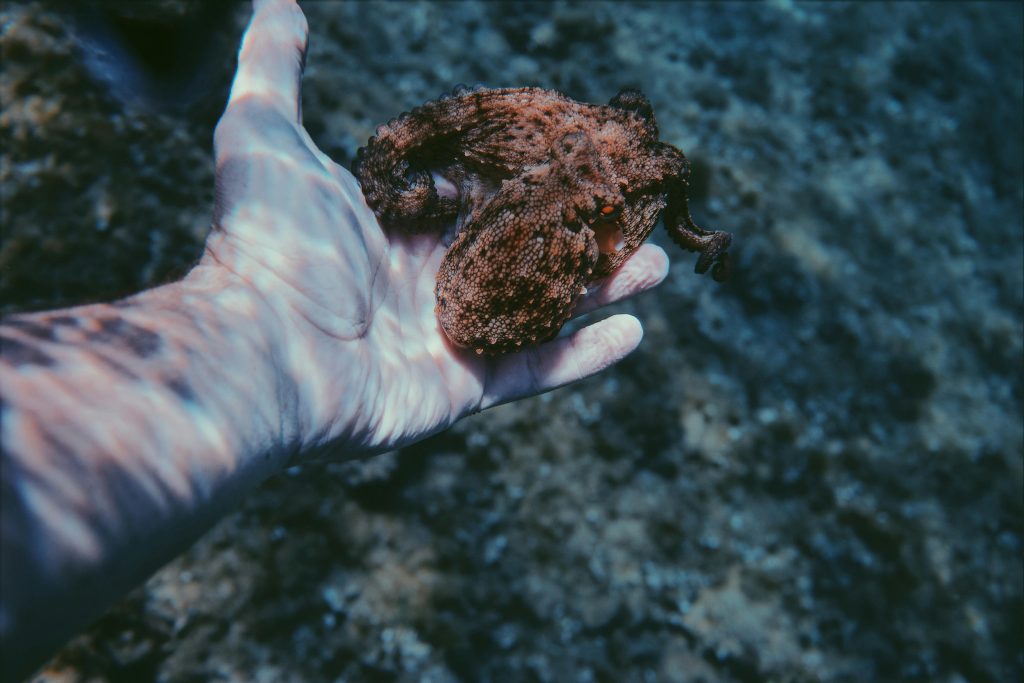
To the staff of the Aquarium of the Pacific, Ghost is not just an animal — she is kin. They hand-fed her restaurant-quality seafood, crafted enrichment puzzles by hand, and designed habitats that mimicked the wild currents of her native seas. Even now, they visit her daily, whispering soft words as she hovers protectively over her eggs.
“There’s sorrow, pride, and awe all at once,” Jaros said. “You form real bonds with these animals. Octopuses are special — they understand you in ways you can feel, even if you can’t explain it.”
Visitors share the sentiment. One woman swears Ghost recognized her and waved with a tentacle each time she approached. A young girl named Aurora, clutching a plush octopus, told reporters, “She’s like a pretty strawberry that can hug you.”
Artists and fans have immortalized Ghost in murals, jewelry, and tattoos. Social media brims with poems, sketches, and letters addressed to her. The aquarium promises to honor her memory through new conservation programs highlighting animal intelligence and ocean health. A younger octopus has already arrived, curious and playful — but Ghost’s presence lingers like a whisper through the water.
Lessons from an Eight-Armed Teacher
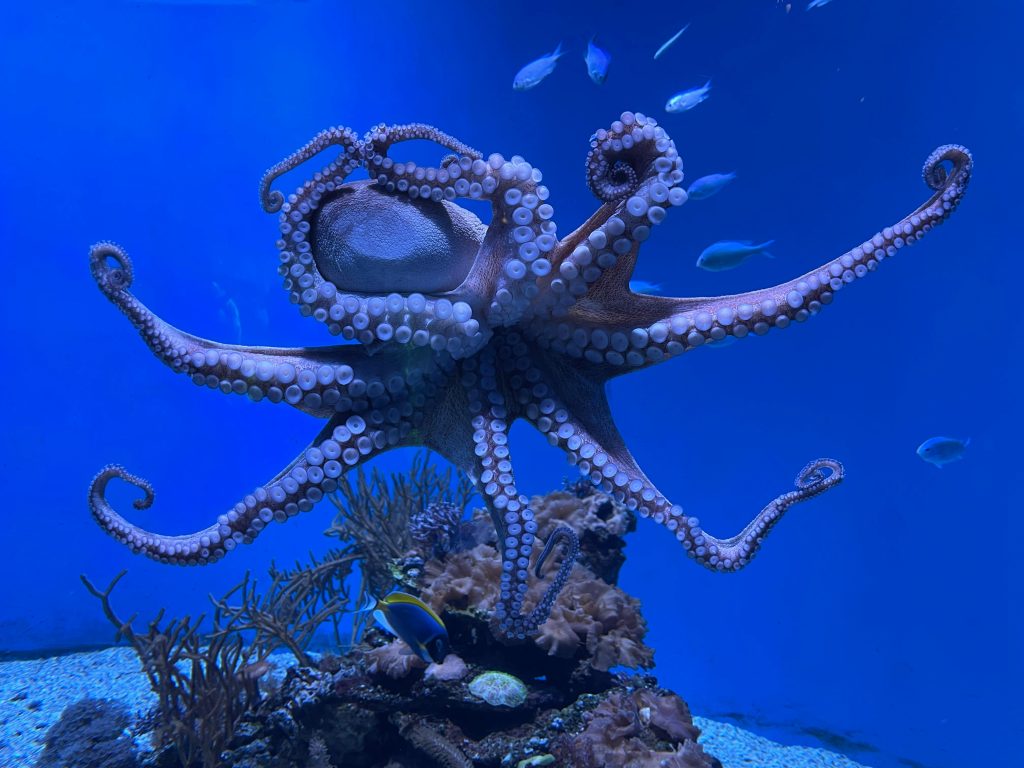
Ghost’s story raises profound questions. Why does such intelligence come with such a fleeting life span? What does it mean to devote yourself completely to a purpose that can never bear fruit?
Her existence challenges human ideas of meaning. Perhaps it’s not about how long we live, but how deeply we connect — how willingly we give ourselves to something greater.
Octopuses have long fascinated philosophers for their alien brilliance. They solve puzzles, use tools, and even appear to dream. Some scientists see them as proof that intelligence can evolve independently — not from mammals, but from mollusks. To observe Ghost was to glimpse a consciousness utterly different yet strikingly familiar.
Her story also carries an environmental message. Giant Pacific octopuses are considered indicator species — their well-being reflects the health of entire ecosystems. As oceans warm and pollution spreads, their numbers are threatened. Ghost’s quiet death reminds us that even nature’s most resilient minds are not immune to human impact.
A Legacy Beyond the Glass
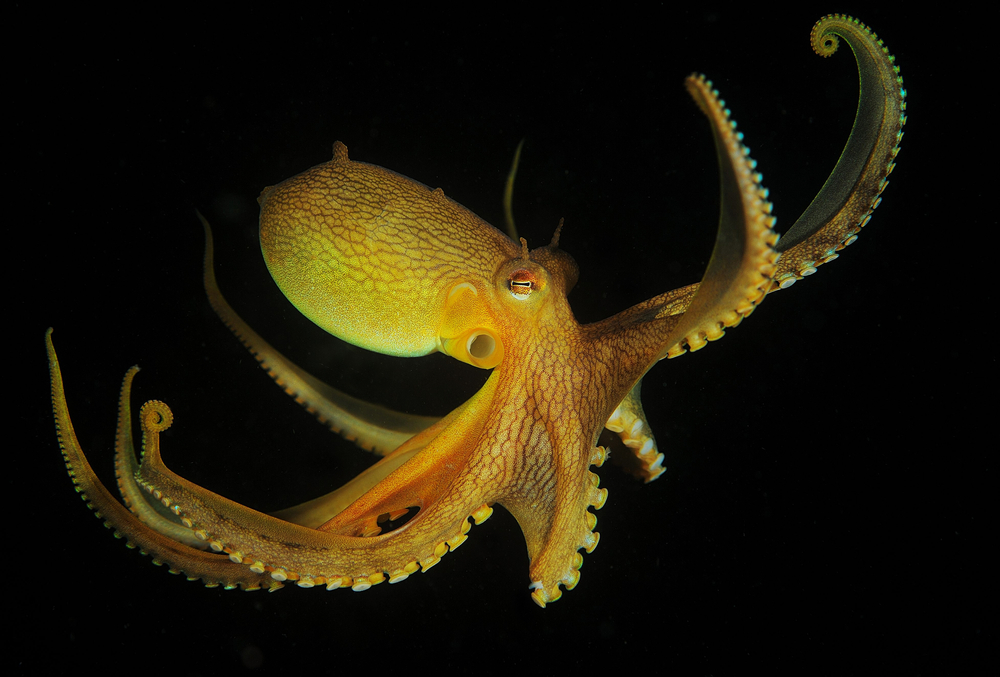
The Aquarium of the Pacific has treated Ghost’s final days with tenderness and respect. In a public statement, they wrote, “She made an eight-armed impression on all our hearts.” They continue to monitor her comfort and share educational updates about her species.
For the public, her passing feels deeply personal — the loss of a friend rather than an exhibit. One comment online captured the sentiment: “Ghost made me believe that intelligence doesn’t belong only to humans. It lives in the ocean too.”
As she lingers near her eggs, surrounded by the soft hum of aquarium pumps and the quiet devotion of her caretakers, Ghost’s life fades in rhythm with nature’s design. And within that rhythm lies peace — a stillness both sad and sacred.
What Ghost Leaves Behind
Ghost’s story is at once intimate and universal. It speaks to the unconditional love of a mother, to humanity’s yearning to find meaning in the natural world, and to the beauty that so often accompanies impermanence.
Though she will never see her eggs hatch, Ghost leaves behind something far more enduring: a legacy of compassion, curiosity, and connection. She reminds us that wisdom and empathy can take infinite forms — and that our understanding of life deepens when we look beyond our own species.
In the end, Ghost’s death is not an ending, but a lesson — a gentle reminder that love, in its truest form, asks for nothing in return. And as she keeps her final vigil, guarding the eggs that will never awaken, she continues to teach us the most human truth of all: to give selflessly, to care deeply, and to let go with grace.
News in the same category

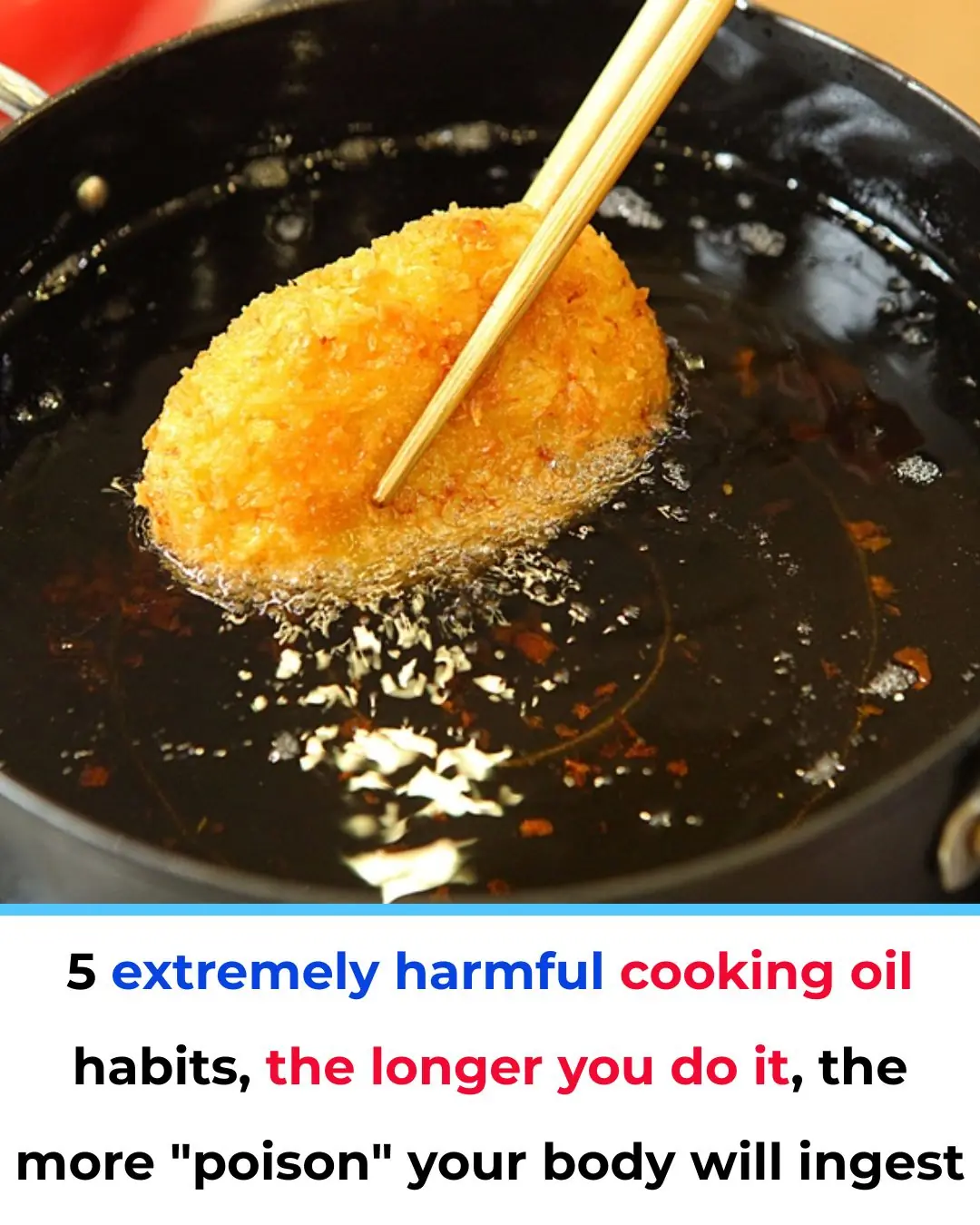
5 Extremely Harmful Cooking Oil Habits That Slowly Poison Your Body

How often should you shower

Choose a Nail to Discover What Kind of Woman You Are

Never Do These 15 Things for a Man (Even If You’re Madly in Love With Him)
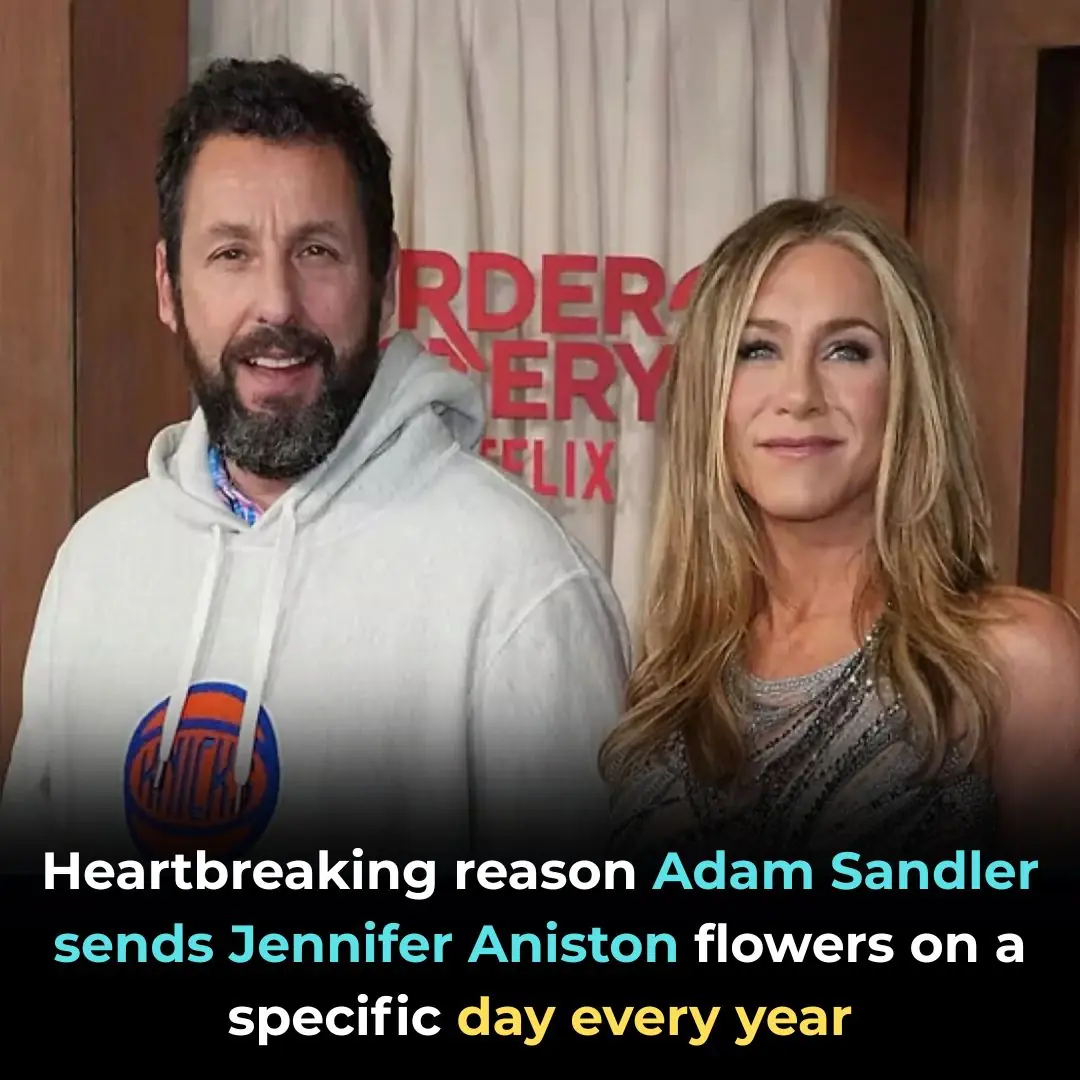
Adam Sandler Sends Heartfelt Flowers to Jennifer Aniston EVERY Year On a Specific Day and Here’s Why

Scientists Found IV Bags Could Send Microplastics Directly Into Your Bloodstream During Infusions
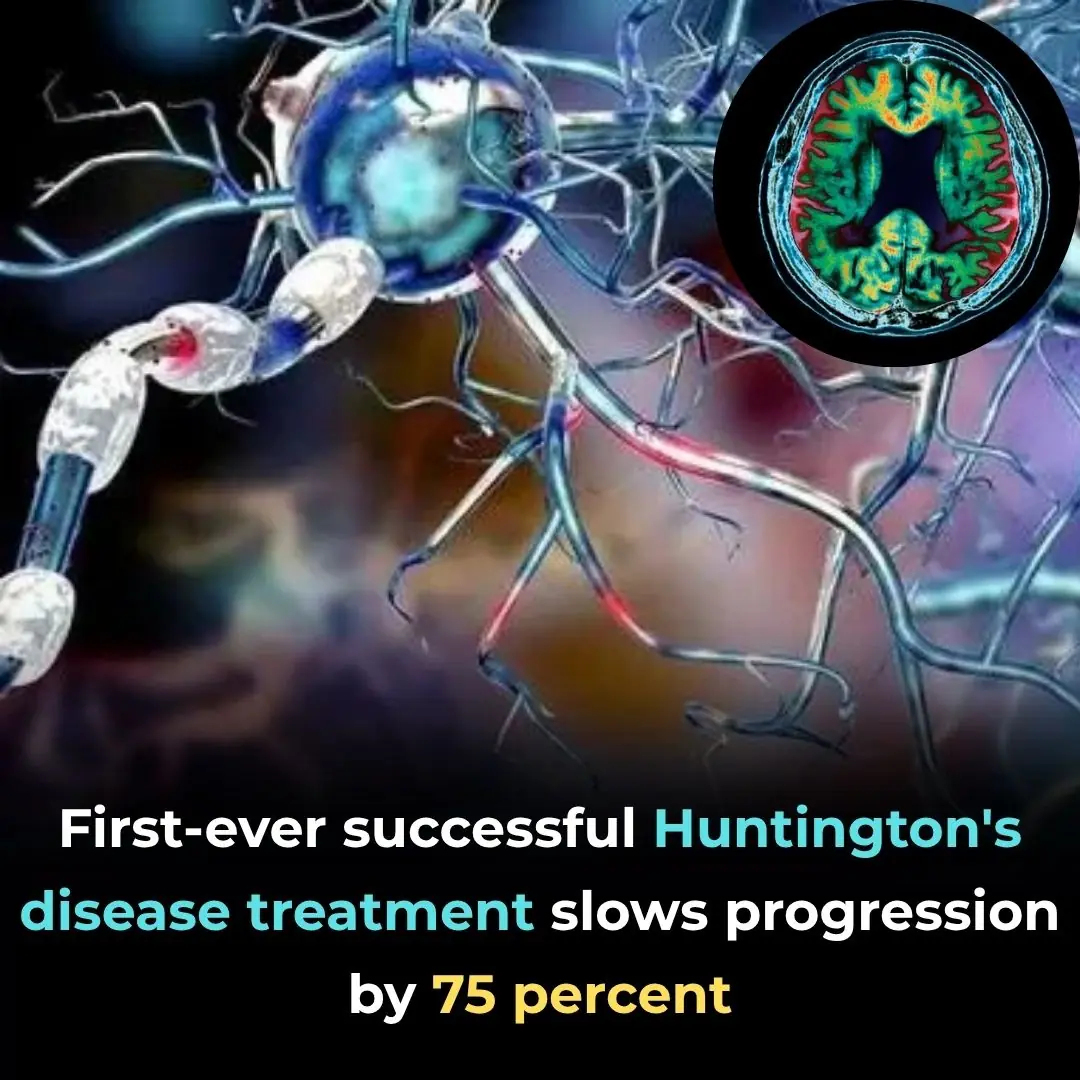
The Dawn of Genetic Healing: A New Hope for Huntington’s Disease

The Hidden Meanings Behind Men Wearing Earring

20 Subtle Signs He’s Not as Good as He Seems
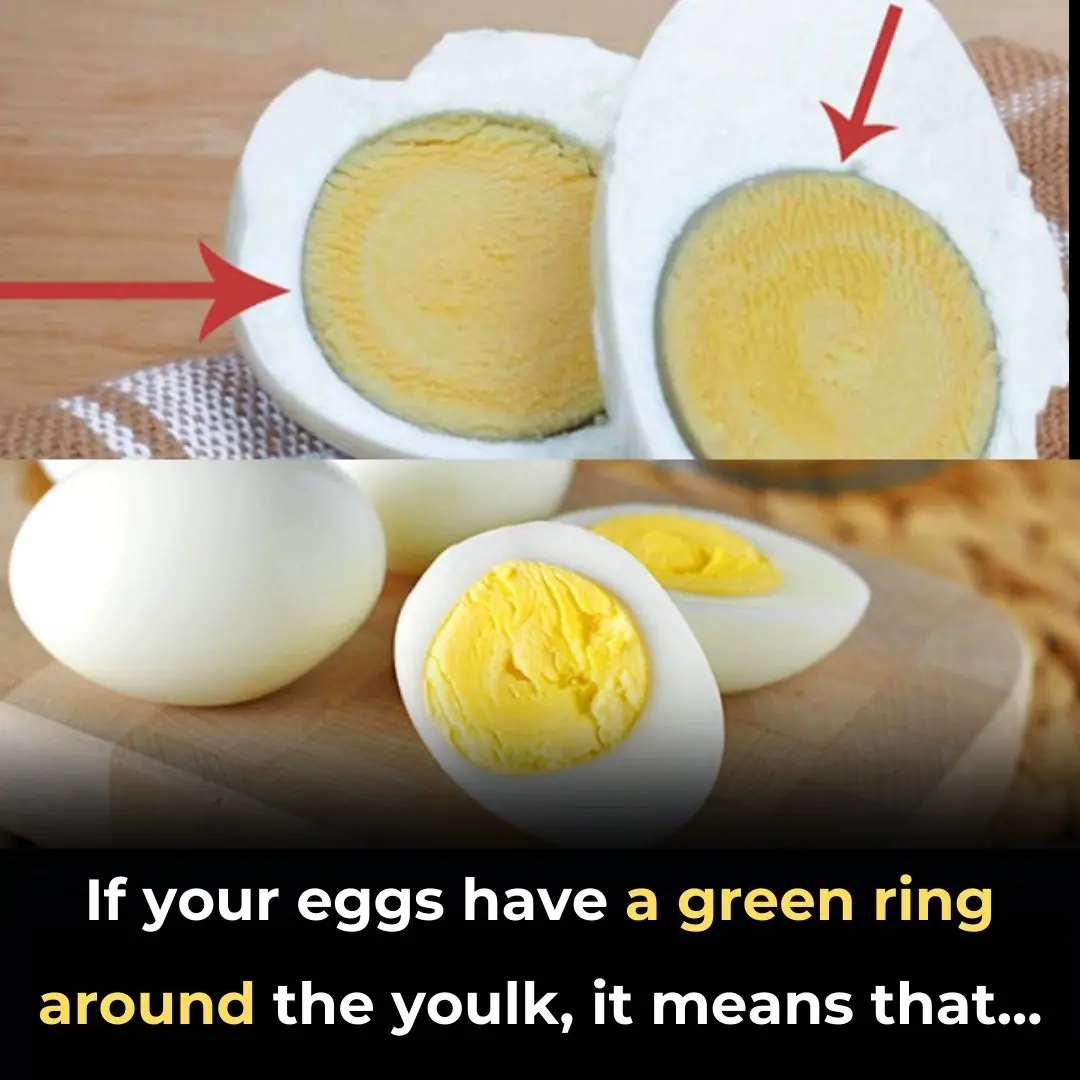
Why Your Hard-Boiled Eggs Have That Weird Green Ring

Aluminum Foil Can Help You Boost Your Wi-Fi Signal

Halo Brows: The Playful, Loopy New Beauty Trend Taking Over

Inside $4,000,000,000 'mega ghost city' that's 6 times the size of New York with a fraction of the population
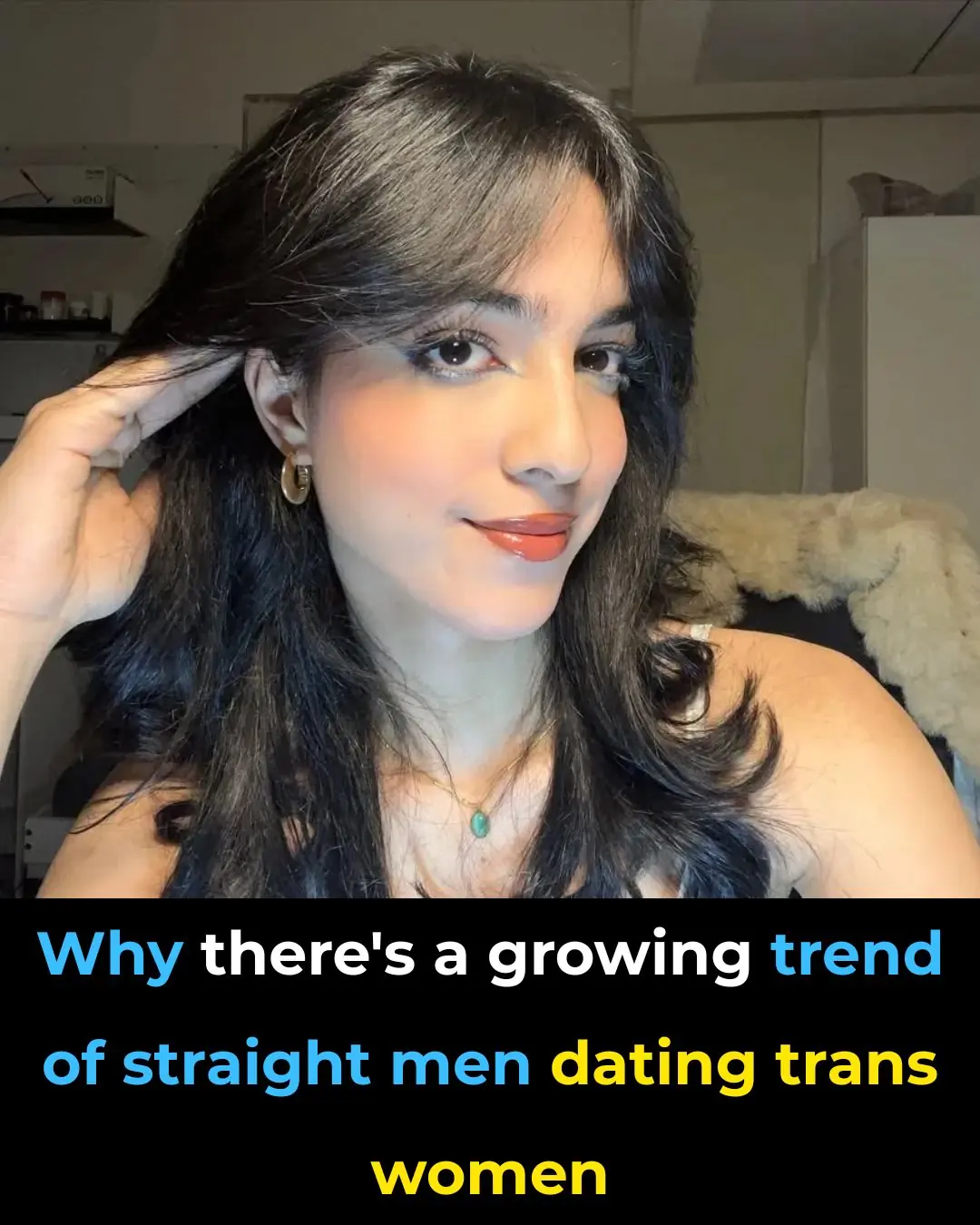
Why There's A Growing Trend Of Straight Men Dating Trans Women

What Really Happens When You Drink Coffee Every Morning

Joseph Gordon-Levitt Urges a Global Pause on AI Superintelligence Until Safety Measures Are in Place
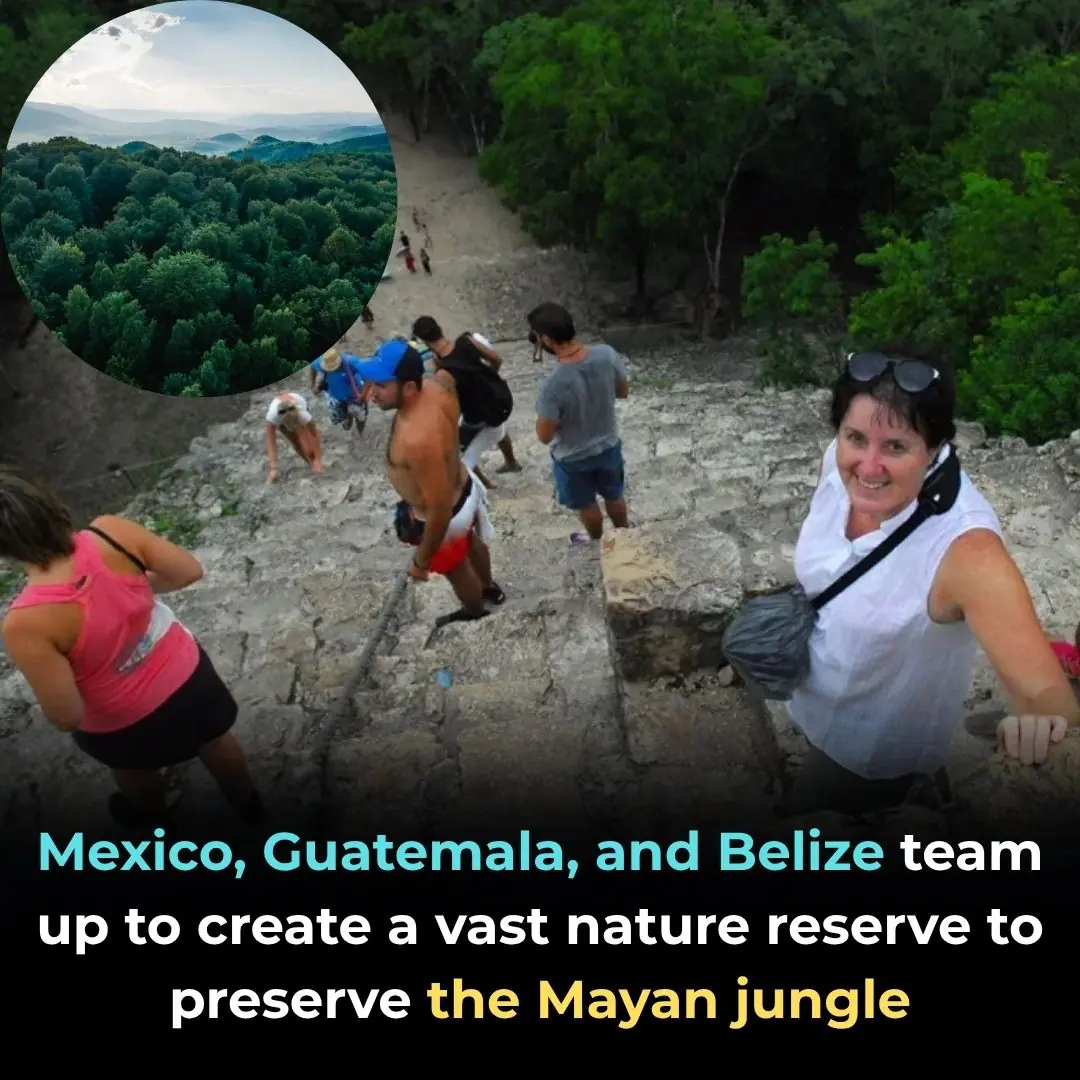
The Three Nations Working Together to Protect the Mayan Jungle
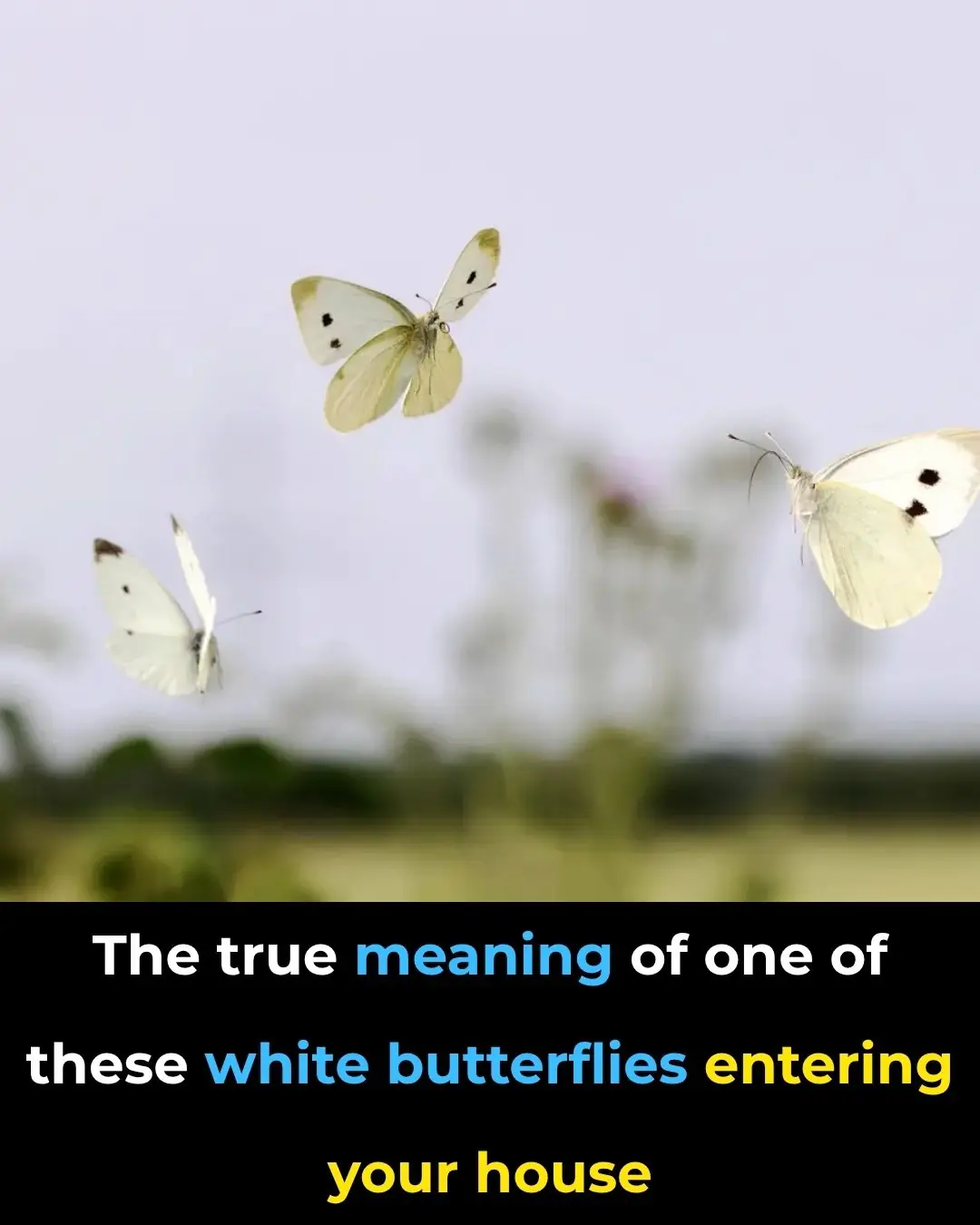
The Spiritual Meaning of White Butterflies in Your Home
News Post

Collagen booster night cream!!

How China is Reshaping Online Influence Through New Rules

5 Extremely Harmful Cooking Oil Habits That Slowly Poison Your Body

No Need for a Sharpening Stone: Just One Simple Trick to Make Your Dull Kitchen Knife as Sharp as New

My nana taught me this hack to make hair shiny in 3 mins with 0 work. Here’s how it works
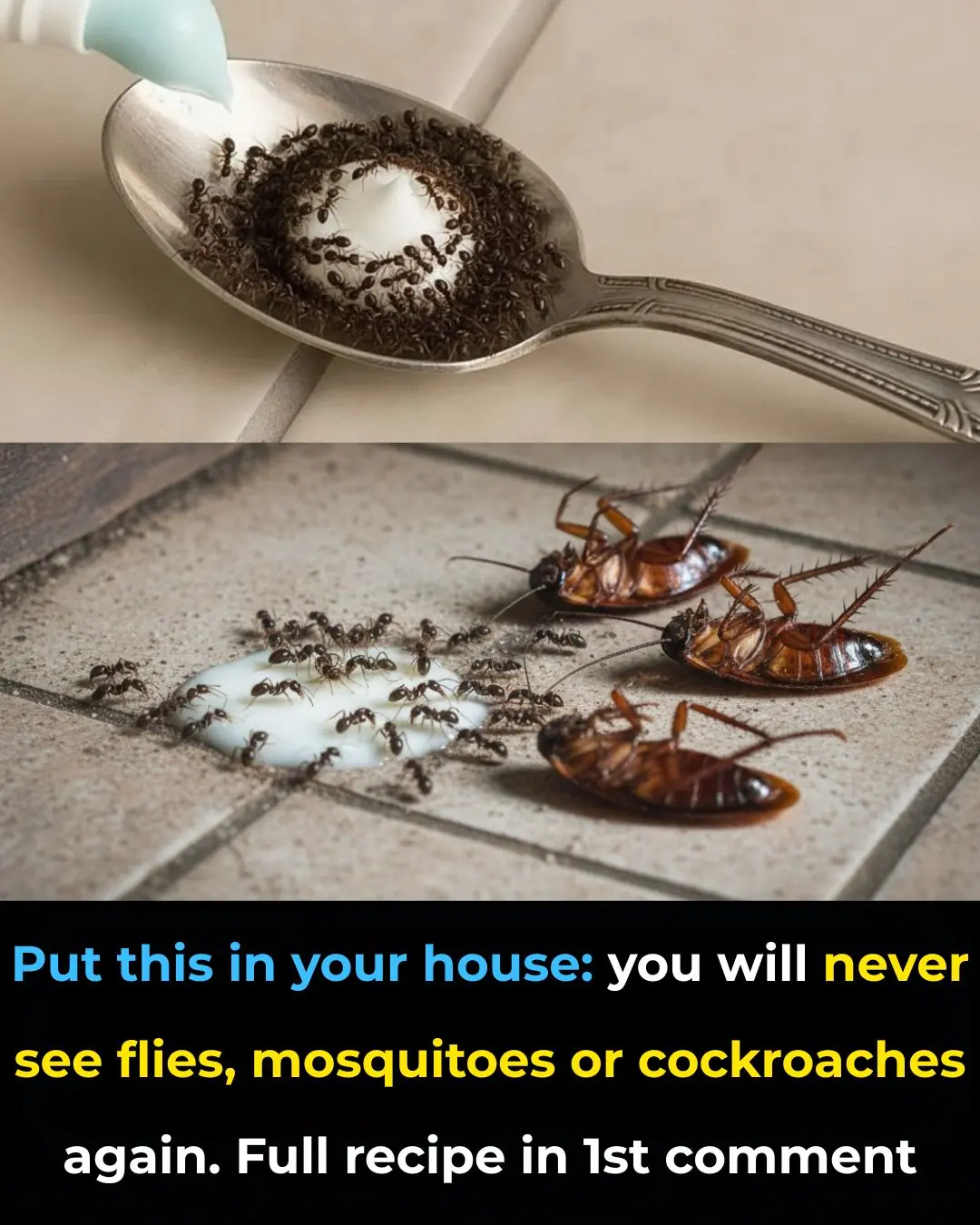
🕷️ Say Goodbye to Pests: A Natural Bathroom Trick That Helps Repel Insects

Powerful Beetroot and Lemon Juice: Your Natural Ally Against Hypertension

Top 12 foods that clean your blood naturally

10 early warning signs your liver is in trouble (don’t ignore #4!)

Should you eat sprouted potatoes or not?
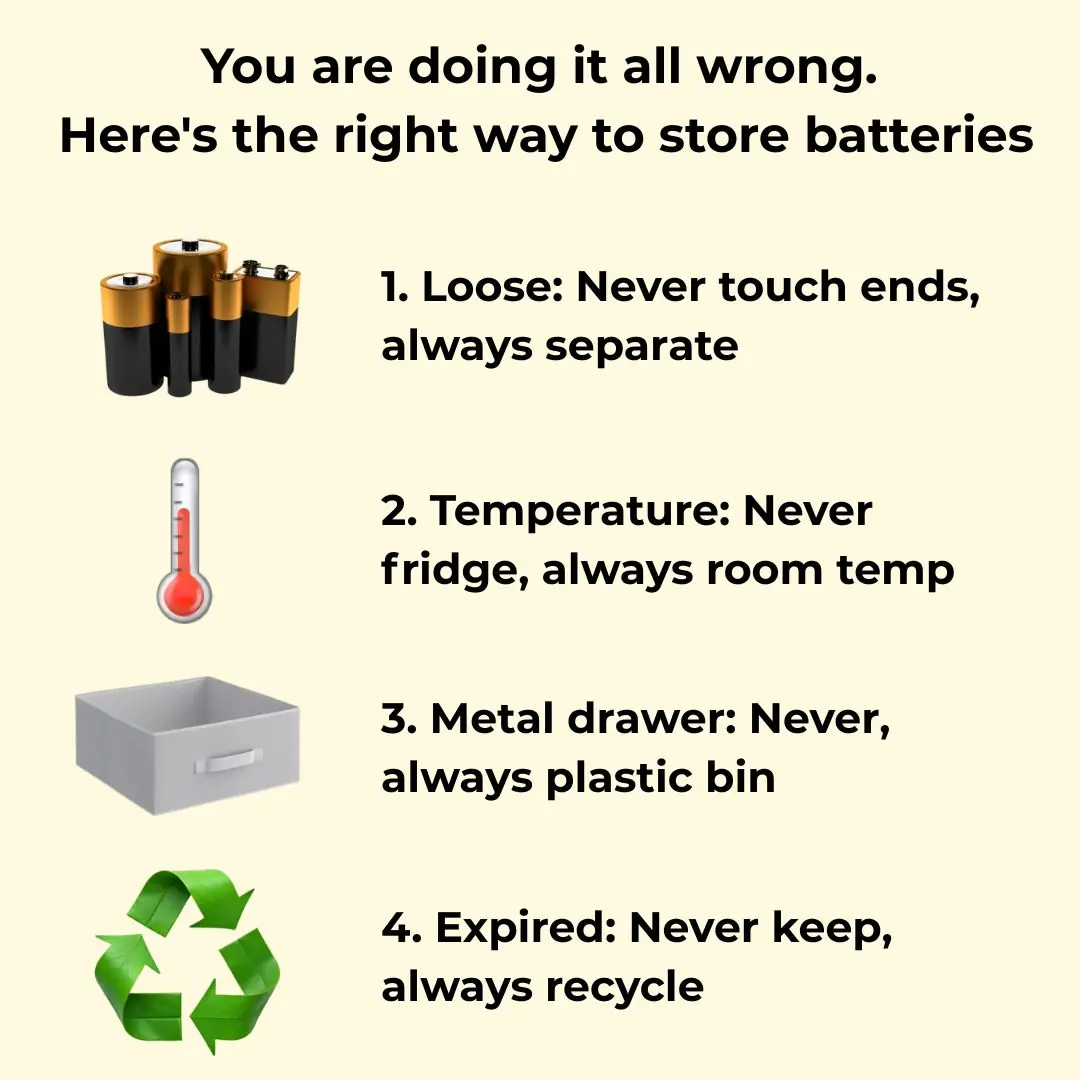
You are doing it all wrong. Here’s the right way to store batteries

Haven't heard that before

My nana taught me this hack to remove oven grease in 4 mins with 0 work. Here’s how it works

The Final Sound: What the “Death Rattle” Really Means in the Last 24 Hours of Life
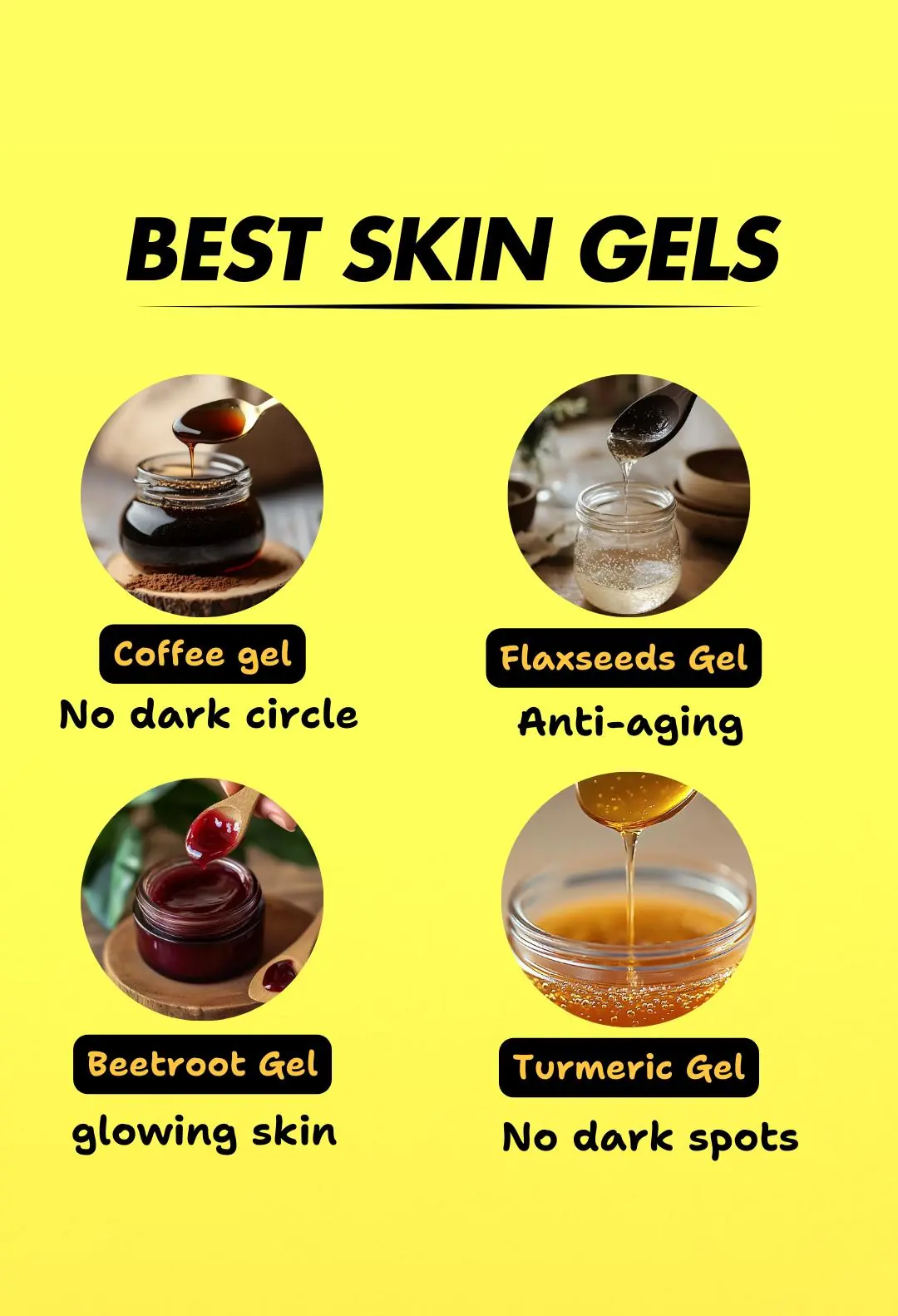
Coffee Gel For Eye Wrinkles

4 Effective Ways to Fade Dark Spots Using Potatoes

Add potato to coffee to get rid of wrinkles in just 1 week

The DIY anti-ageing cream that is very effective to get rid of wrinkles and fine lines on your face
